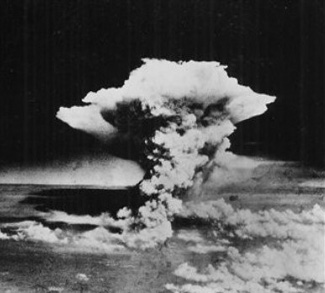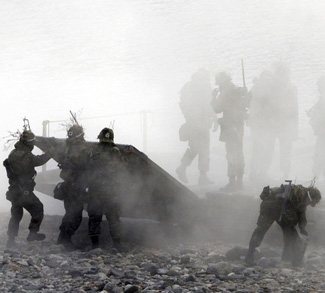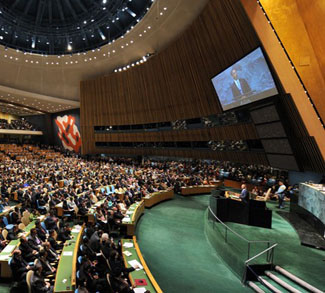Introduction
This backgrounder will examine the international nuclear nonproliferation regime; specifically the origins, benefits, and drawbacks of the Non-Proliferation Treaty (NPT) and the Comprehensive Test-Ban Treaty (CTBT). Increasingly obvious loopholes and a looming NPT review conference in May are coming together to make 2010 a watershed year for the nuclear nonproliferation regime.
NON-PROLIFERATION TREATY
Background
The end of World War II presented the United States with a new kind of strategic dilemma. How could a potentially apocalyptic technology, once discovered, permanently be kept out of the hands of competitors? Early attempts at regulation betrayed a sense of urgency; a seemingly quixotic willingness to forfeit state authority over nuclear weapons. One such attempt was the Truman administration’s ‘Baruch Plan.’ The plan envisioned America unilaterally dismantling its nuclear monopoly so that the United Nations could become the sole regulator of nuclear arms and nuclear facilities worldwide [3]. Although the Baruch Plan was stillborn, a desire to block the spread of nuclear weapons lived on and eventually produced the Non-Proliferation Treaty- an agreement that remains a central pillar of nuclear nonproliferation to this day.




